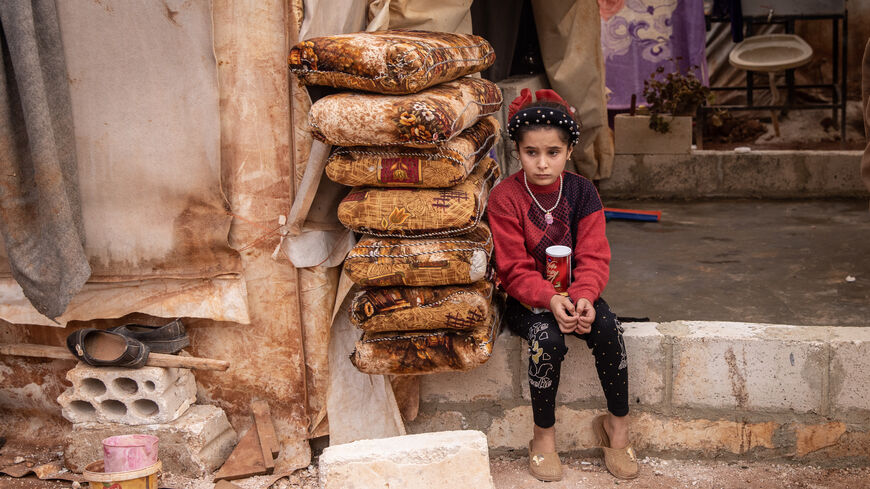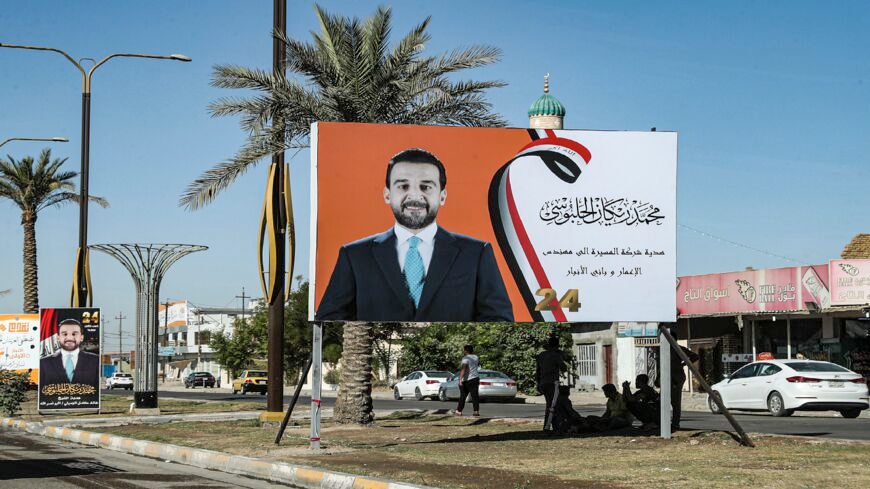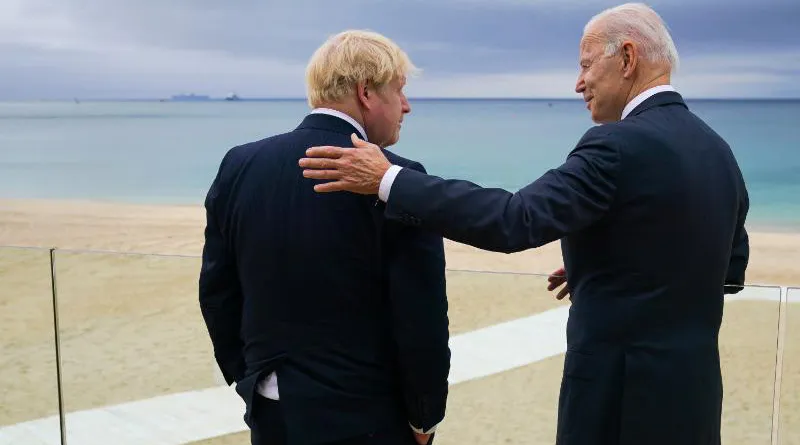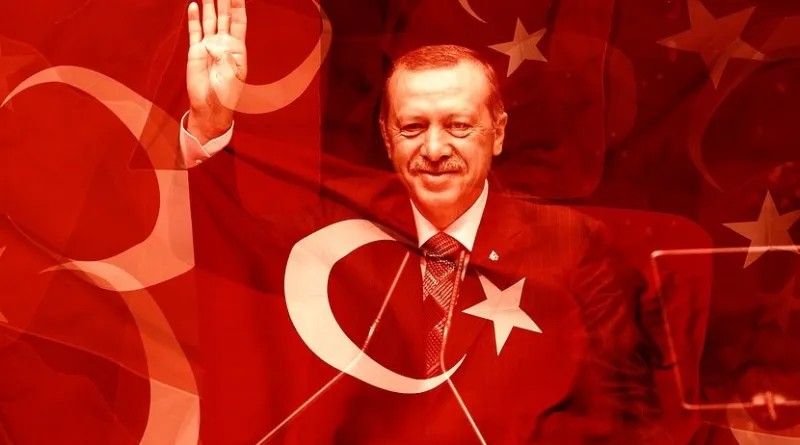Nazarbayev’s Fate in Kazakhstan Is a Cautionary Tale for Putin and Xi
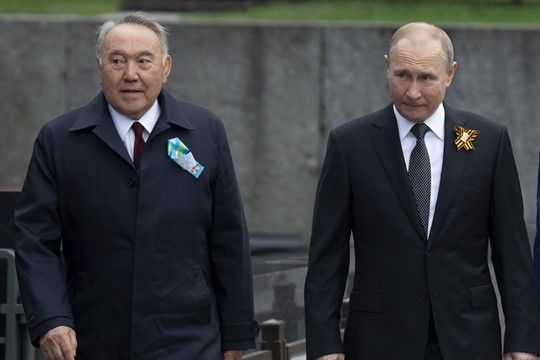
More even than most crises, the events unfolding in Kazakhstan in recent days can be read in myriad ways. On one level, it clearly appears to have resulted in yet another opportunity for Russian President Vladimir Putin to claw back control over domains lost by the Kremlin following the demise of the Soviet Union.
Moscow has been able to accomplish this by falsely pretending the unrest that it helped put down in its Central Asian neighbor was yet another example of what it calls a “color revolution,” meaning an insidious destabilization plot supported by the West.


